Introduction
MMOs are a subgenre of Massively Multiplayer Online Real-Time Strategy (MMORTS) that merges the exhilaration of real-time strategy (RTS) with the vast, player-generated environment of MTORTS. Since April 2023, a multitude of titles in this genre have engrossed players with their profound strategic considerations, engrossing environments, and dynamic player engagements. This article examines the five most influential massively multiplayer online role-playing games (MMORTS) that have shaped and continue to influence this distinctive gaming experience.
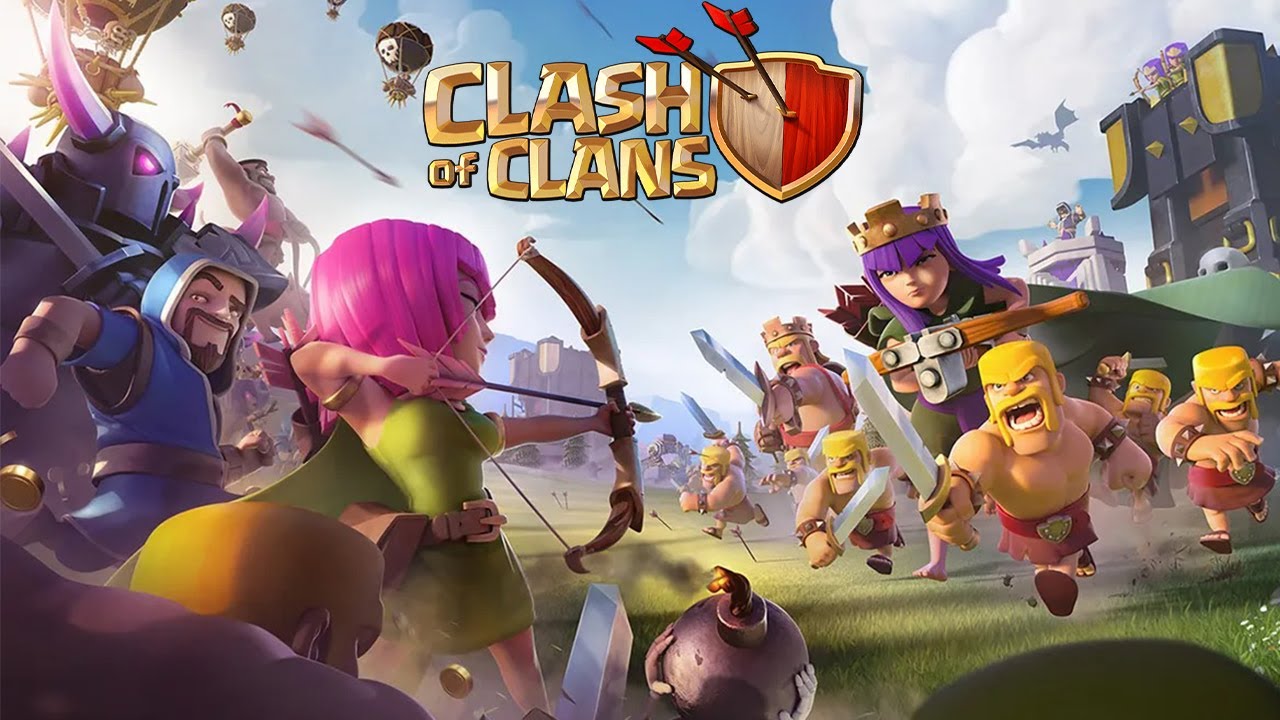
“Clash of Clans”
A perennial favorite in the MMORTS genre, “Clash of Clans” by Supercell remains dominant due to its captivating gameplay and frequent updates. In pursuit of dominance, players construct and fortify their villages, amass armies, and conduct raids against the bases of other players. Achieving success in the game requires a harmonious integration of resource management, strategic planning, and competitive multiplayer engagements. Constant updates and events maintain community interest, transforming “Clash of Clans” into a dynamic and ever-changing universe.
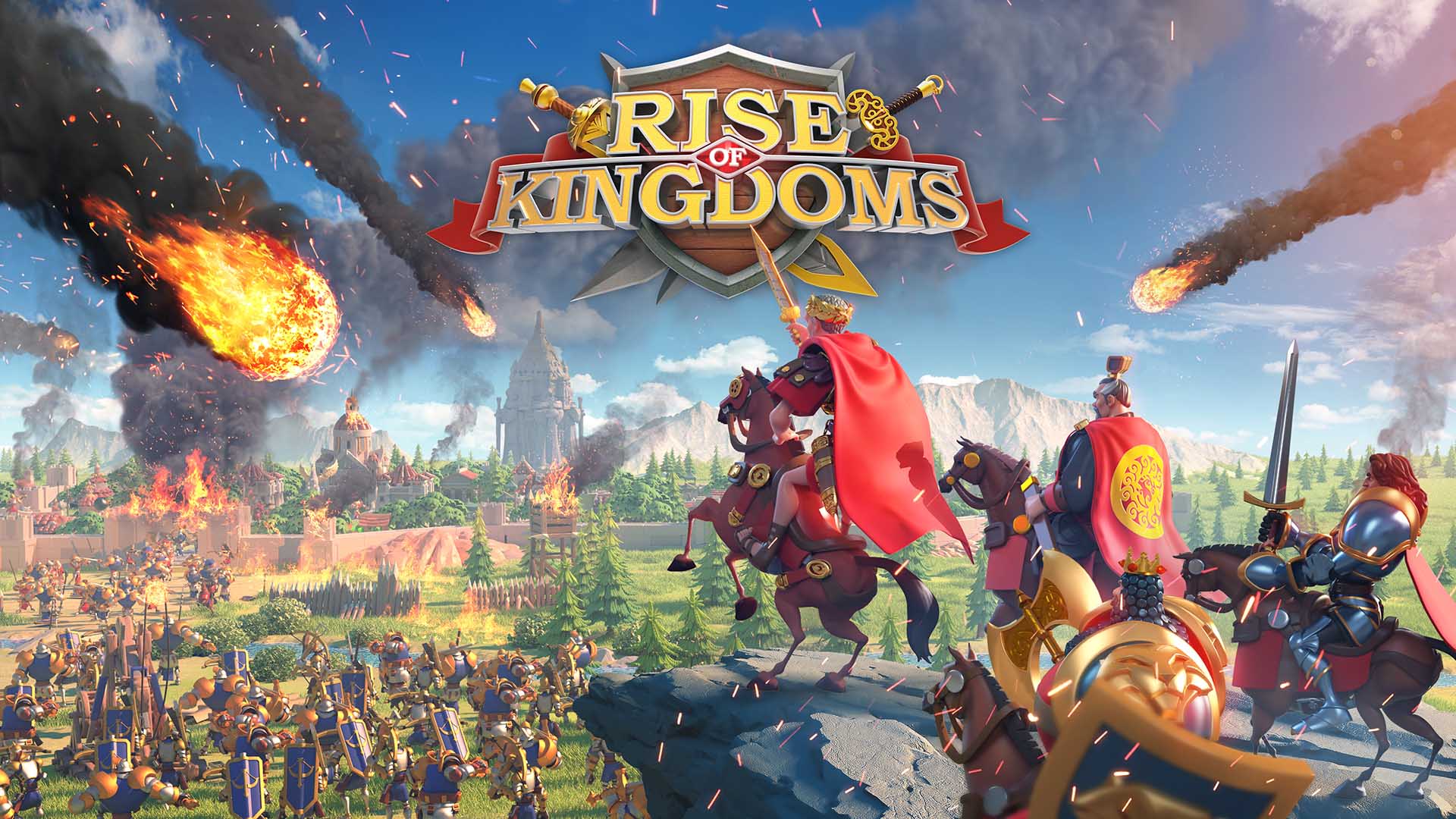
“Rise of Kingdoms”
The unique combination of MMORTS and RPG elements in “Rise of Kingdoms” by Lilith Games enables players to lead their civilization from a solitary clan to a great power. The game is distinguished by its “infinite zoom” function, which allows for smooth transitions between the global perspective and specific cities and battles on the battlefield. The inclusion of a diverse selection of historical civilizations, each possessing distinctive characteristics and military forces, enriches the game’s strategic and diplomatic dimensions.
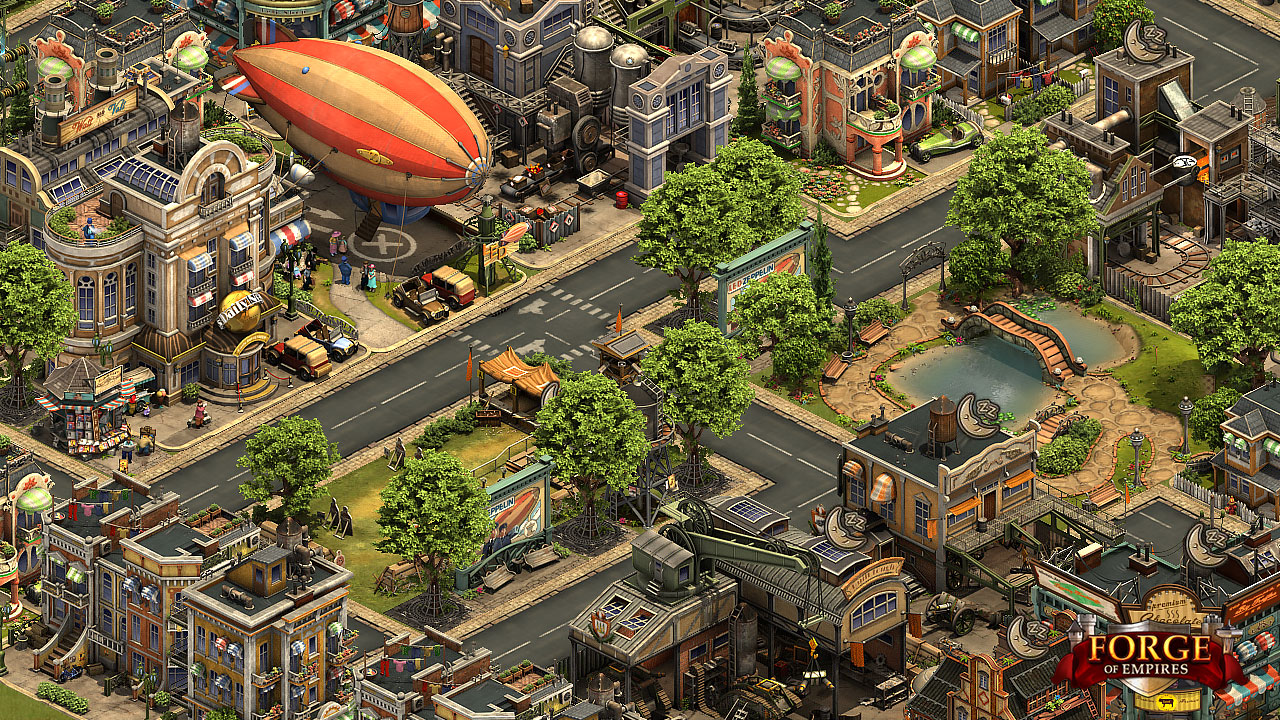
“Forge of Empires”
“Forge of Empires” is an InnoGames-developed game that transports participants through various historical periods. Players construct and administer their own territories, conduct technological research, and develop their cities. Tactical, turn-based PvP engagements in the game demand careful consideration and preparation. The incorporation of a progressive system that spans various historical epochs, ranging from the Stone Age to the Future, into the conventional MMORTS experience, introduces a distinctive educational and exploratory dimension.
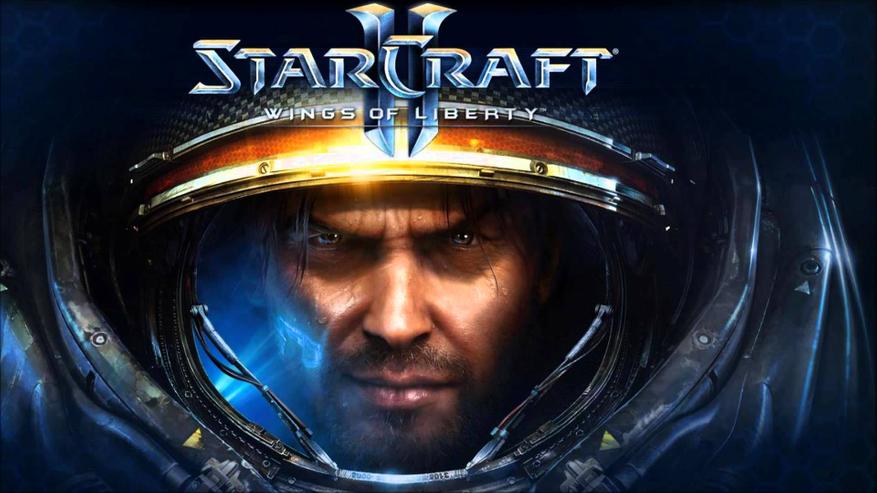
“StarCraft II: Legacy of the Void”
Although “StarCraft II” is predominantly recognized for its challenging single-player campaigns and competitive multiplayer, the “Legacy of the Void” expansion incorporated cooperative missions, thereby imbuing this classic RTS with an MMORTS aesthetic. Individuals form groups to confront difficult situations, each featuring distinct goals and narratives. Delightful unit strategies, a challenging skill cap, and intricate equilibrium have solidified the game’s status as a favorite among RTS players.
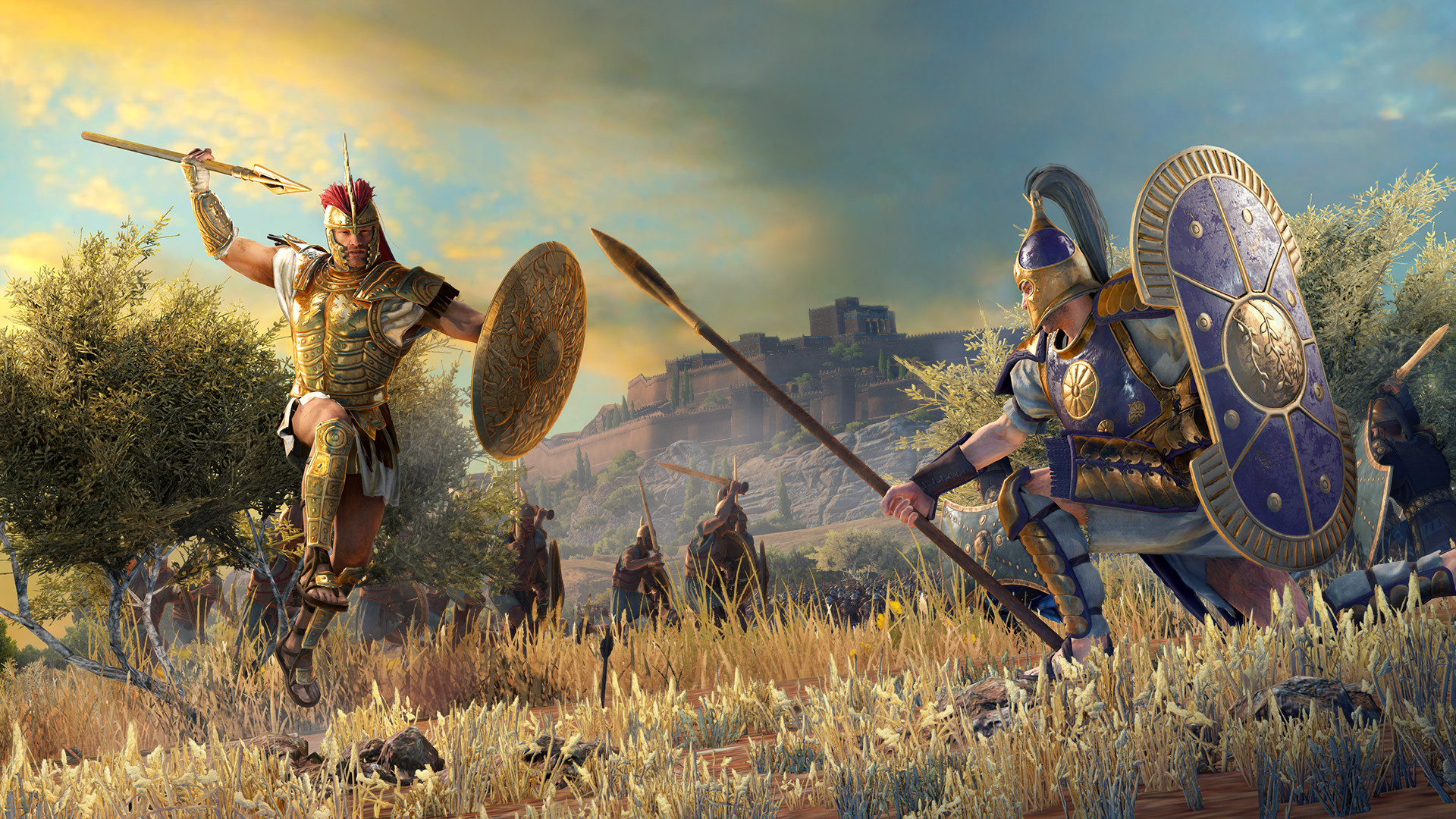
“Total War: Arena”
MMO gameplay is integrated into “Total War: Arena” by Creative Assembly and Wargaming, which incorporates elements of the “Total War” series. Three units of warriors, each under the command of a historical commander, engage in epic conflicts against other players. The game places significant importance on strategy and collaboration, as every unit type possesses unique advantages and disadvantages. Both history and strategy aficionados will find the immersive experience provided by the historical settings and massive conflicts.
To conclude,
MMORTS provide a distinctive gaming encounter by merging elements of real-time decision-making, strategic intricacy, and extensive multiplayer engagements. These five games, which exhibit unique qualities and methodologies, exemplify the very best that the genre currently has to offer as of April 2023. In addition to captivating players globally, they have significantly contributed to the development and widespread appeal of massively multiplayer online role-playing games (MMORTS).
